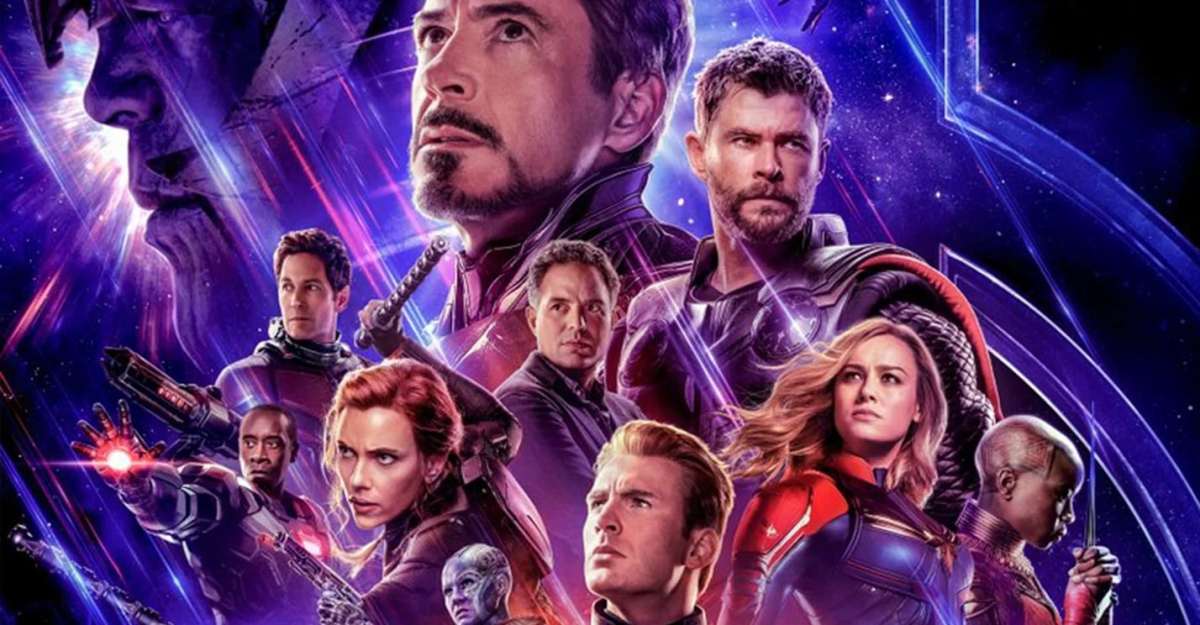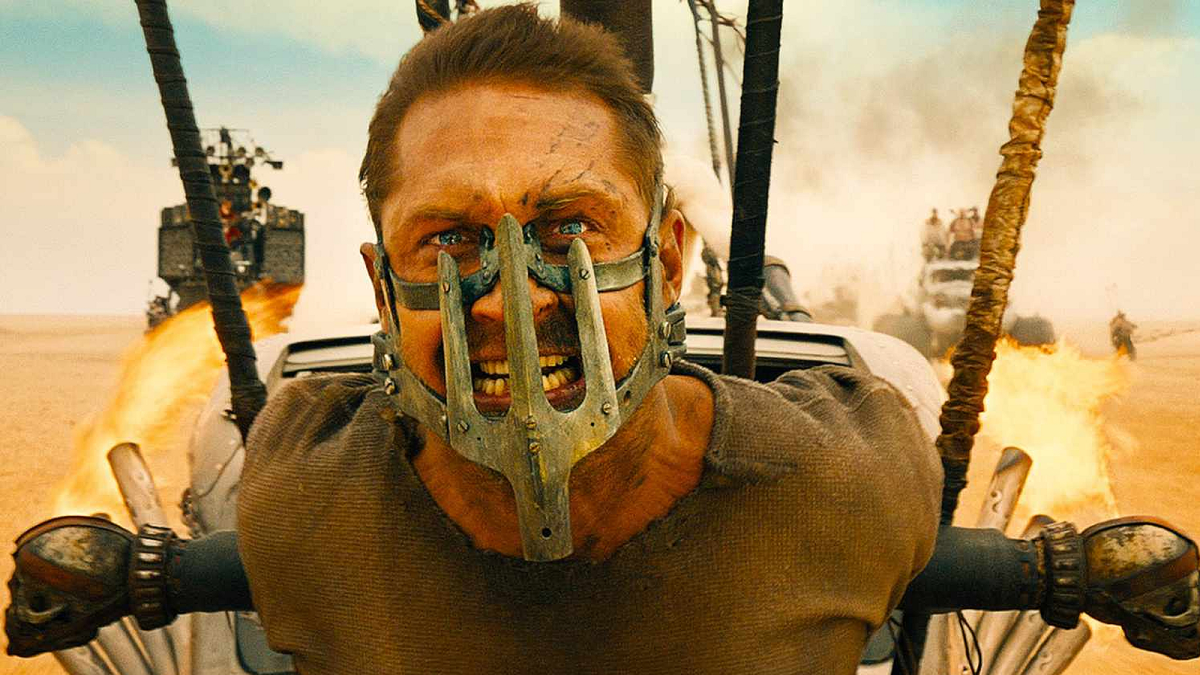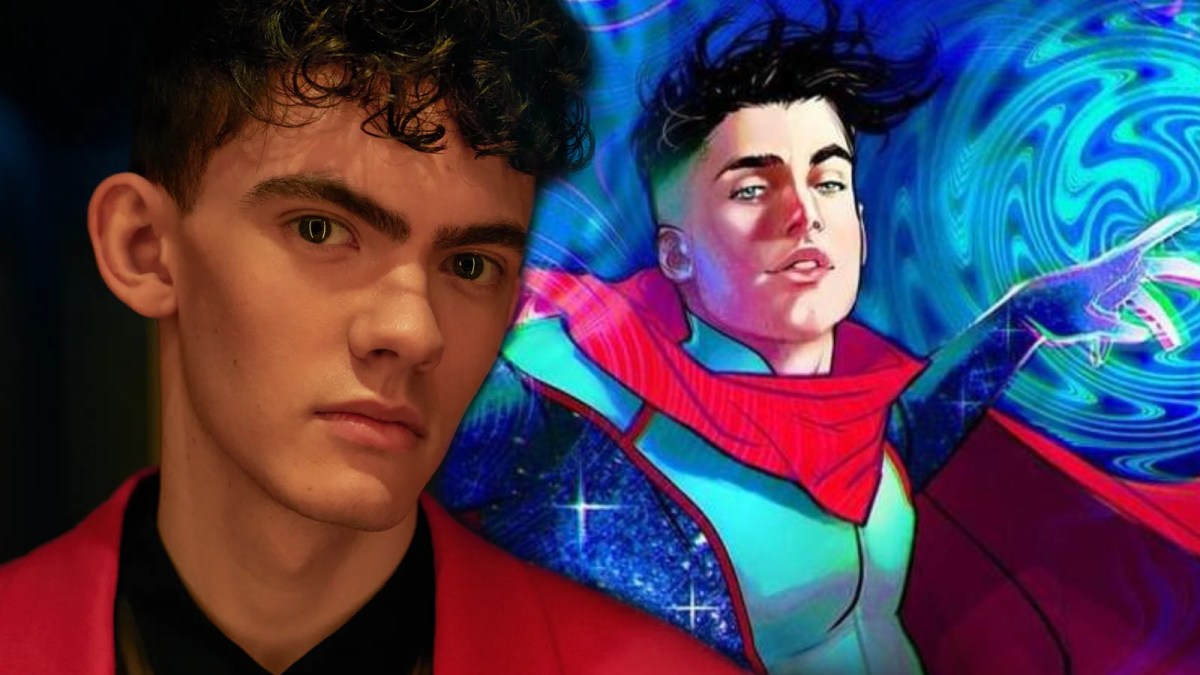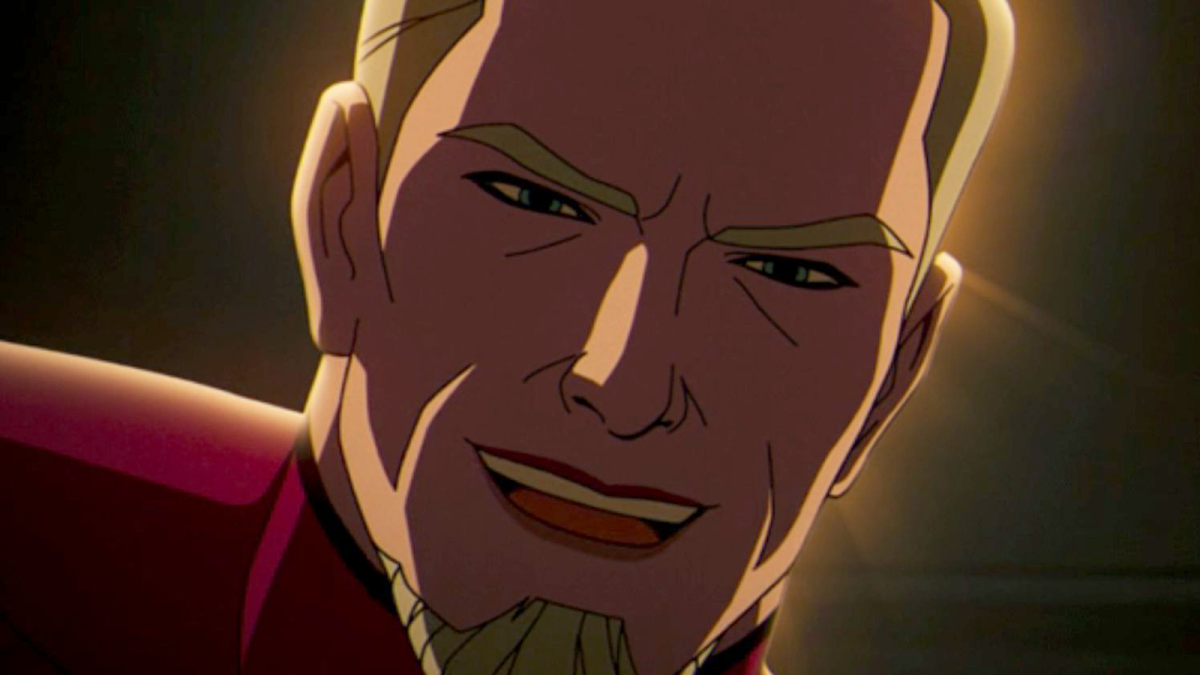The Marvel Cinematic Universe (MCU) has changed entertainment. Since 2008, it has become the biggest media franchise in the world, and competitors have striven to replicate its success. In most cases, those efforts have fallen apart if not failed outright, but perhaps a change in tack could lead to different outcomes.
A recent report has suggested that Disney plans to double down on such an approach for its next era of Star Wars stories. Already the Star Wars franchise is renowned for scattering its storylines far beyond the realm of film through the Expanded Universe books, comics, video games, and television shows including The Mandalorian. However, those stories have tended to be supplementary and inessential to the main Skywalker saga. If that report is to be believed (or even if we simply consider the implications of the coming Obi-Wan series), Disney will engage that multimedia base as a central feature of the narrative experience.
Transmedia storytelling, or the sharing of a story across multiple different forms, is hardly a revolutionary concept. In 2006, media theorist Henry Jenkins cited it as a component of our contemporary “convergence culture”: “the flow of content across multiple media platforms, the cooperation between multiple media industries, and the migratory behavior of media audiences who will go almost anywhere in search of the kinds of entertainment experiences they want.”

Perhaps the best example of transmedia storytelling to date comes via The Matrix franchise; the video game Enter The Matrix and short film anthology The Animatrix included exclusive, vital pieces of the story pertaining to the main film series, while The Matrix Online MMO continued the story from The Matrix Revolutions’ conclusion. While Enter The Matrix, at least, sold well, the overlapping narrative and sense of film content being cordoned off to pad the game meant that the approach was rather poorly received. As Jenkins wrote, it could be said that the Wachowkis “pushed transmedia storytelling farther than most audience members were prepared to go.”
However, that was 2006 and this is 2020. The MCU has made its fans want to seek out more details, through end credit scenes, one-shot comics, and Netflix and now Disney+ series. Similarly, the spike in The Witcher 3 player counts following the release of The Witcher Netflix series shows that modern audiences may be more amenable to exploring stories as they move from one media form to another, though those two projects are separate adaptations rather than an example of narrative convergence. Similarly, the popularity of Star Wars Jedi: Fallen Order may be a sign that the audience is ready for a bolder, broader kind of storytelling than we have seen previously.
Moreover, with its exclusivity deal with Electronic Arts set to expire in 2023, Disney will regain total control of Star Wars, enabling it to effectively deploy a transmedia story shortly after the next movie, which is slated to arrive in 2022.

If Disney does dive headlong into this bold new future (which it might be argued it already has, given the presence of Vader Immortal within the canon), it will be following a trail rather than blazing one. In recent times, John Wick Hex acts as a prequel to the action-packed film series, Fast & Furious: Crossroads will tell a new story that fits into the existing mythos, and a Ni no Kuni film following an entirely new cast of characters will arrive on Netflix on Thursday. Meanwhile, Treadstone is expanding the Bourne film universe.
The arrival of vast, seemingly endless narratives in mainstream media has changed the situation that caused such derision of the Matrix and Riddick games back in the noughties. The frame has shifted, but whether it has shifted far enough remains to be seen. As of this moment, the forays into transmedia remain tentative, but the signs are strong that audiences are prepared to embrace stories that they must watch, play, and read if they hope to understand all of the intricacies.





